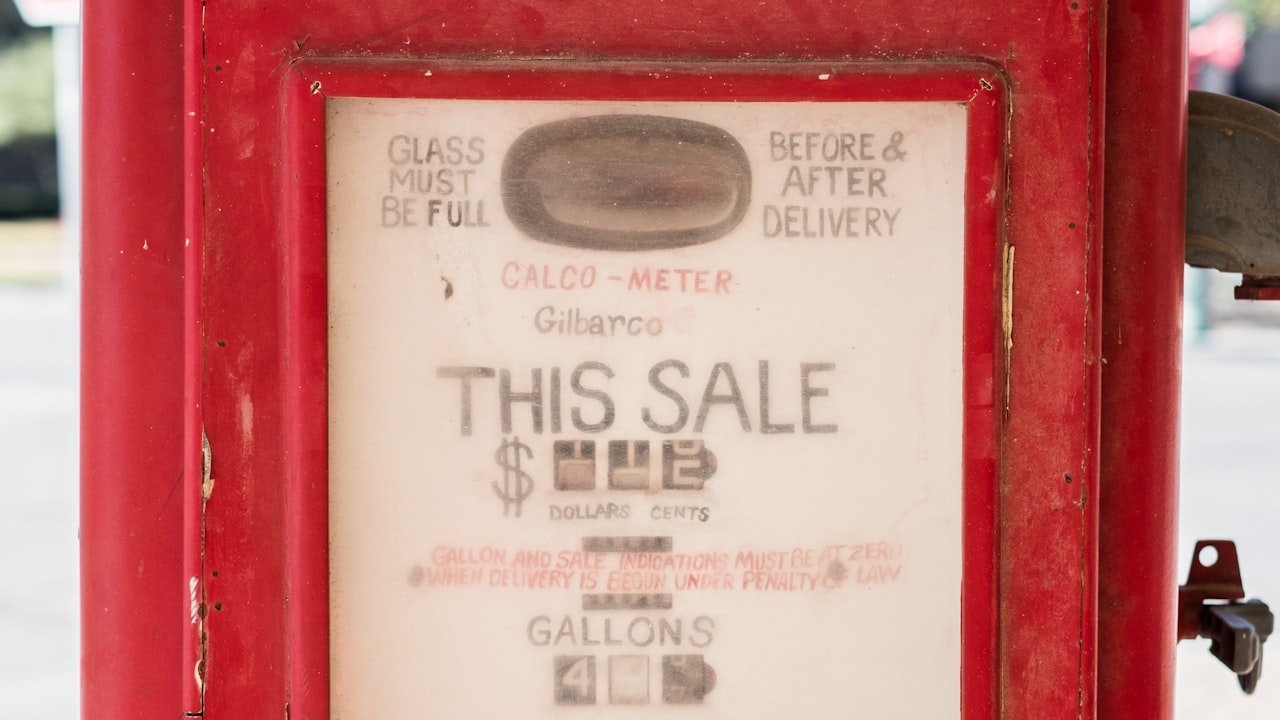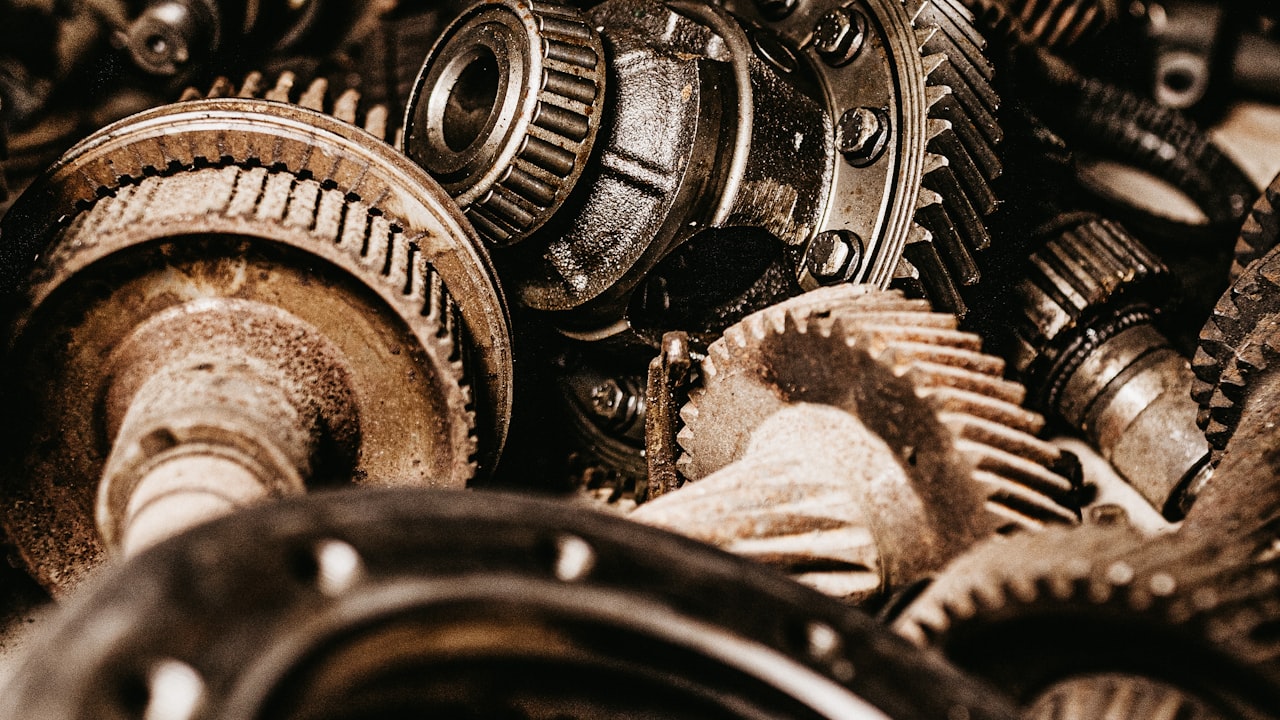Title: “Revolutionizing Pharmaceutical Manufacturing with Advanced Pharma Machinery”
In the fast-evolving landscape of pharmaceutical manufacturing, the role of advanced pharmaceutical machinery cannot be overstated. With the ever-increasing demand for high-quality medications, the industry is constantly seeking innovative solutions to streamline production processes, enhance efficiency, and ensure regulatory compliance. Among the cutting-edge technologies driving this transformation are table press machines and capsule filling machines, specifically the Tablet Press Machine (TDP) and the Transparent Hard Capsule Filling Machine (THDP).
The Tablet Press Machine (TDP) stands at the forefront of solid dosage form manufacturing. This versatile equipment plays a crucial role in compressing powdered ingredients into compact tablets for easy consumption and accurate dosing. With features such as adjustable compression force and tooling configurations, TDPs offer pharmaceutical manufacturers the flexibility to produce tablets of various shapes, sizes, and formulations with precision and consistency. The automation capabilities of modern TDPs not only increase production efficiency but also reduce the risk of human error, ensuring the highest standard of product quality.
On the other hand, the Transparent Hard Capsule Filling Machine (THDP) is revolutionizing the encapsulation process with its state-of-the-art technology. Designed to fill transparent hard capsules with liquid, powder, or granulated formulations, THDPs offer unparalleled accuracy and speed in the production of capsule medications. By optimizing the filling process and minimizing material wastage, THDPs enable pharmaceutical companies to meet the rising demands of the market while maintaining cost-efficiency and product integrity. The innovative design of THDPs also ensures easy cleaning and maintenance, contributing to overall operational efficiency and compliance with stringent regulatory requirements.
The integration of TDPs and THDPs into pharmaceutical manufacturing processes has redefined industry standards and raised the bar for efficiency and quality. By leveraging the capabilities of these advanced pharmaceutical machines, manufacturers can achieve increased productivity, reduced lead times, and improved product consistency. Furthermore, the digital integration and data connectivity features of modern TDPs and THDPs enable real-time monitoring of production parameters, facilitating proactive decision-making and quality control.
In conclusion, the utilization of advanced pharmaceutical machinery such as TDPs and THDPs is driving a paradigm shift in pharmaceutical manufacturing. These cutting-edge technologies are empowering industry players to meet the challenges of a dynamic market landscape while ensuring the delivery of safe, effective, and high-quality medications to consumers worldwide. As the demand for innovative pharmaceutical solutions continues to grow, the role of advanced pharma machinery in shaping the future of medication production cannot be underestimated.

 Title: The Role of Pharmaceutical Machinery in Ensuring Quality and Efficiency
Title: The Role of Pharmaceutical Machinery in Ensuring Quality and Efficiency Title: “Revolutionizing Pharmaceutical Industry with State-of-the-Art Pharmaceutical Machinery”
Title: “Revolutionizing Pharmaceutical Industry with State-of-the-Art Pharmaceutical Machinery”



